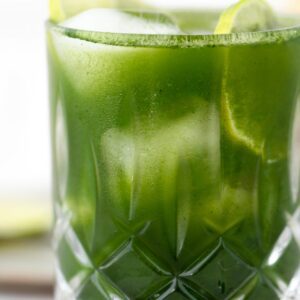
Ashitaba: Japan’s Longevity Green and the Science Behind Its Unique Chalcones
Ashitaba (Angelica keiskei) is often described as a “longevity herb.”

Kick-start, energise, rejuvenate
All carefully planned and prepared to help nourish, reset and rejuvenate the body and mind.
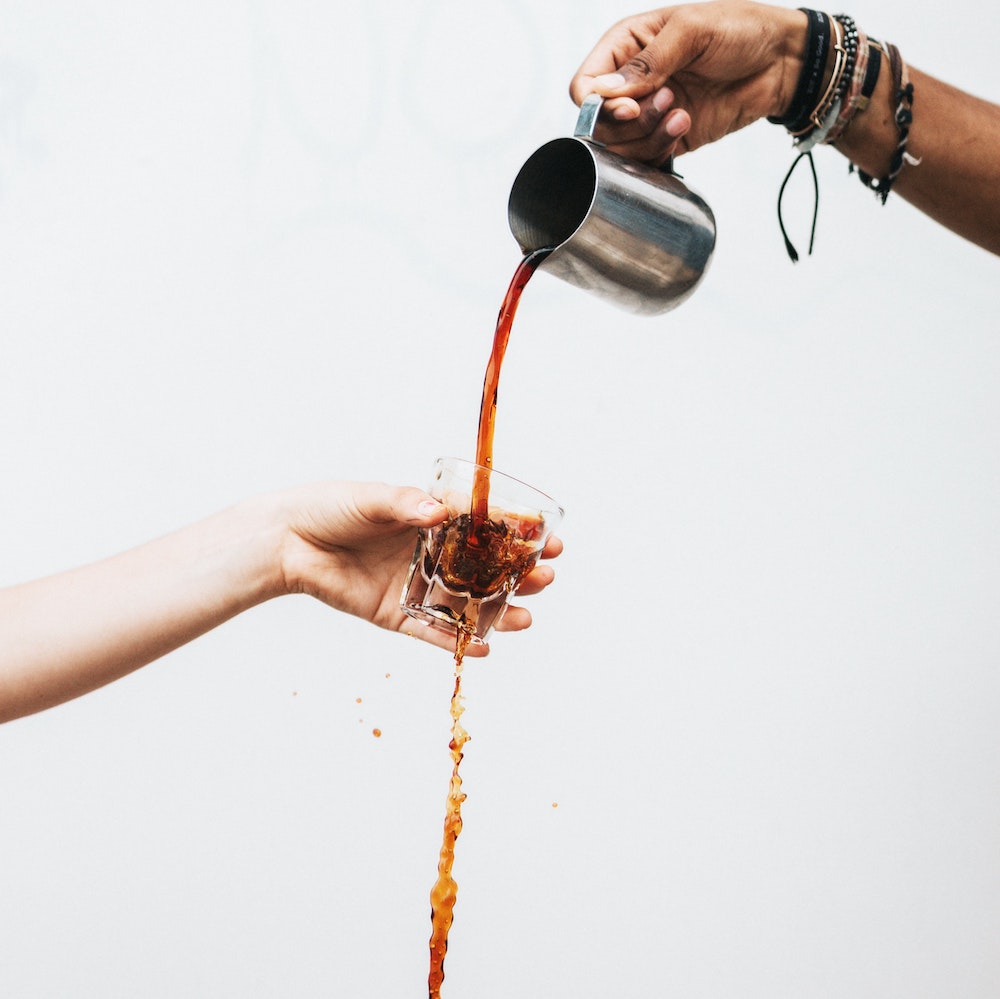
Daily coffee is a must for many people and is embedded in our lives.
For a lot of people, a day does not start till drinking a cup of coffee. Coffee is actually a very powerful herb that has a substantial impact on our physical and mental health and overuse of coffee may be causing some imbalances in the body.
Here are some ways that caffeine is impacting your body.
How does caffeine work?
When we use ATP (adenosine triphosphate) to create energy a by-product of this process is a chemical called adenosine, which makes us feel tired. Caffeine is very similar to adenosine and it mimics adenosine and blocks the receptors, tricking your body into having more energy, while using up natural energy-giving molecules.
Caffeine lasts around 4-6 hours then your brain receptors are flooded with adenosine, which leads you to crash.
CAFFEINE – ENERGY
Because caffeine blocks the body’s signal to rest it makes you feel more alert and more attentive. That is why a lot of people drink coffee. The problem is that you may start to have more receptors, which leads to more caffeine you will need to block them. This explains why it is hard to stop drinking coffee and get tired easier.
CAFFEINE – STRESS
Caffeine increases the level of cortisol in the body. Early morning coffee might interfere with your normal morning cortisol production and stress your adrenal glands which interfere with the immune, cardiovascular, neurological, and endocrine systems, and may lead to extra weight gain.
CAFFEINE – BRAIN
Caffeine stimulates our brain cells and triggers the pituitary gland to release ACTH (adrenocorticotropin-releasing hormone) which can create the “fight and flight” reaction and raises cortisol level. Excess cortisol can dysregulate the HPA axis leading to hyperactivity and irritability and may contribute to restless sleep and weight gain.
Caffeine also prevents dopamine from getting reabsorbed into your system, which makes you feel elevated. It is what makes coffee so addictive to us.
CAFFEINE – BLOOD SUGAR LEVEL
Often black coffee is said to be an acceptable inclusion during a fast as it contains minimum calories. However, many people who are sensitive to caffeine will experience an increase in blood sugar and insulin levels.
CAFFEINE – HEADACHES
Some people use coffee to relieve their migraines. But this may not be a viable treatment for everyone.
With daily or near-daily consumption, you can develop a tolerance to caffeine. This means that the usual dose will become less effective, and will require higher doses to maintain the same effects.
When you consume caffeine regularly the body becomes dependent. Because caffeine narrows the blood vessels that surround the brain when you quit the blood vessels expand. It increases the blood flow and pressures surrounding nerves which can trigger what is known as caffeine withdrawal headaches. This withdrawal can last 7-14 days while the body is adjusting to not having caffeine in its system
CAFFEINE – PMS, MENOPAUSAL SYMPTOMS
Because caffeine has the effect of constricting blood vessels, overstimulating the digestive tract and irritating the bowels, and elevating stress hormones that trigger inflammation drinking coffee can worsen the symptoms of a woman’s menstrual cycle.
Period cramps happen when compounds called prostaglandins to build up in the uterus because of the hormonal fluxes at the start of menstruation. The uterus is a muscular organ, and prostaglandins make the uterine muscles contract so they can shed the uterine lining as a period.
However, the uterine muscles are so powerful and can contract so tightly, they can pinch off the blood vessels that supply the uterus with oxygen. Muscles need oxygen to function properly. When oxygen is in short supply, those muscles hurt. You will feel this pain as cramps.
As caffeine narrows blood vessels, less blood and oxygen can flow through them. As a result, caffeine can further prevent oxygen from reaching an already oxygen-starved uterus, leading to period cramps that are more intense and happen more frequently.
If you are experiencing menopausal symptoms such as hot flashes and night sweat caffeine may be worsening these conditions.
CAFFEINE – MINERAL ABSORPTION
Caffeine can cause depletion of important nutrients, like vitamin B6, and interfere with nutrient absorption of essential minerals, including calcium, iron, magnesium and B vitamins. It also inhibits the amount of calcium that is absorbed through the intestinal tract and depletes the amount retained by the bones.
Caffeine may also reduce the absorption of manganese, zinc and copper, and increase the excretion of magnesium, potassium, sodium and phosphate.
Caffeine is also a diuretic so it is important to rehydrate and support mineral loss.
Coffee is the go-to morning beverage for many, while others choose not to drink it for a host of reasons.
For some, the high amount of caffeine — 95 mg per serving — can cause nervousness and agitation, also known as “the jitters.” For others, coffee can cause digestive distress and headaches.
WHERE DO WE GO FROM HERE?
After this long list of reasons you may want to quit drinking coffee, what are we replacing the coffee with?
Here are great delicious ways to swap your coffee.
Matcha – Matcha is more alkaline than coffee. The lower acidity means that it does not cause inflammation like acidic coffee and also be a better choice for anyone who has sensitive digestion.
Matcha contains about the same amount of caffeine as coffee but comes with L-theanine, which has an anti-stress effect on the body. It is why many people feel sustained longer lasting energy without a crush, unlike coffee.
It is also loaded with many health-promoting antioxidants such as epigallocatechin gallate (EGCG)
Our matcha latte is combined with mineral rich ashitaba which is also high in antioxidants and may improve cognitive functioning.
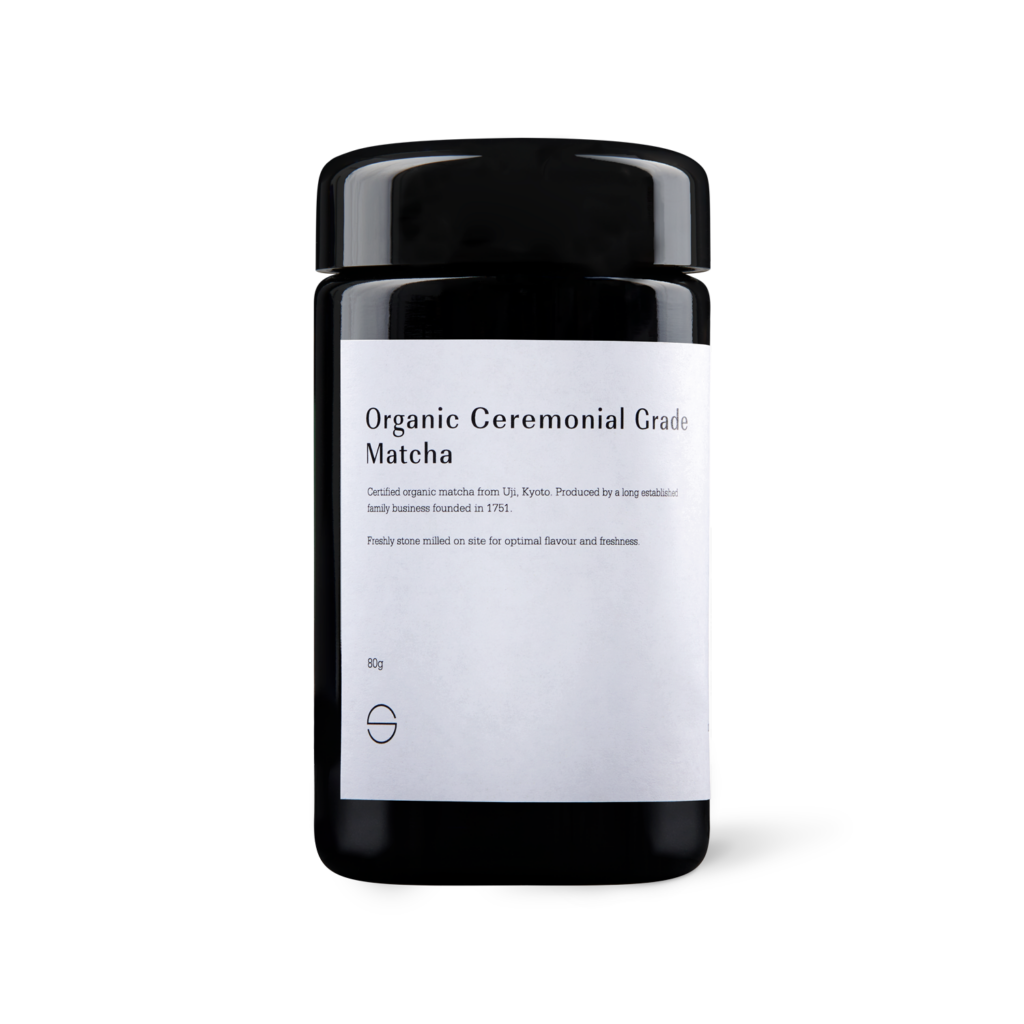
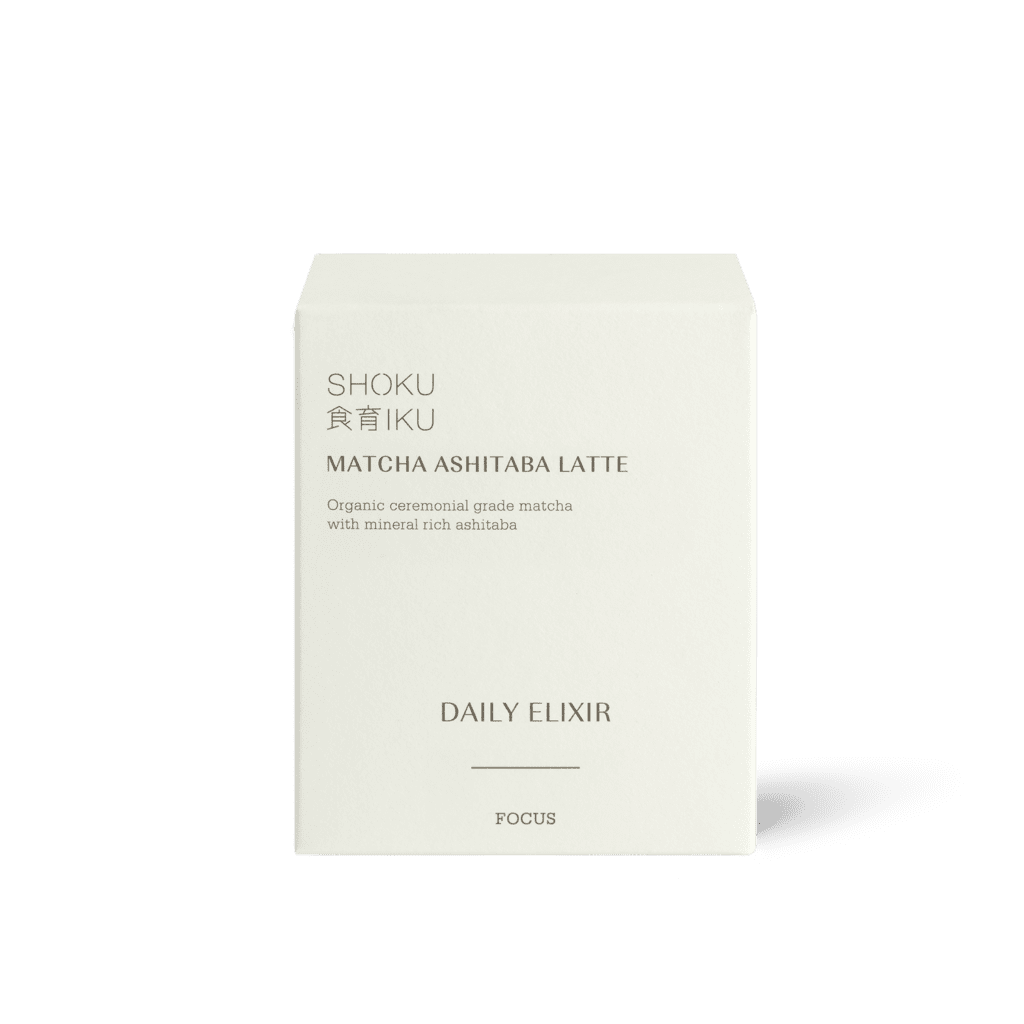
Herbal coffee – If it is the taste that you are missing caffeine-free herbal coffee may be an answer. Our gluten free herbal coffee is made with a blend of dandelion, chicory root, barley and rye with added medicinal mushrooms. It has a similar earth coffee taste and is rich in anti-oxidant, liver, digestive supporting properties
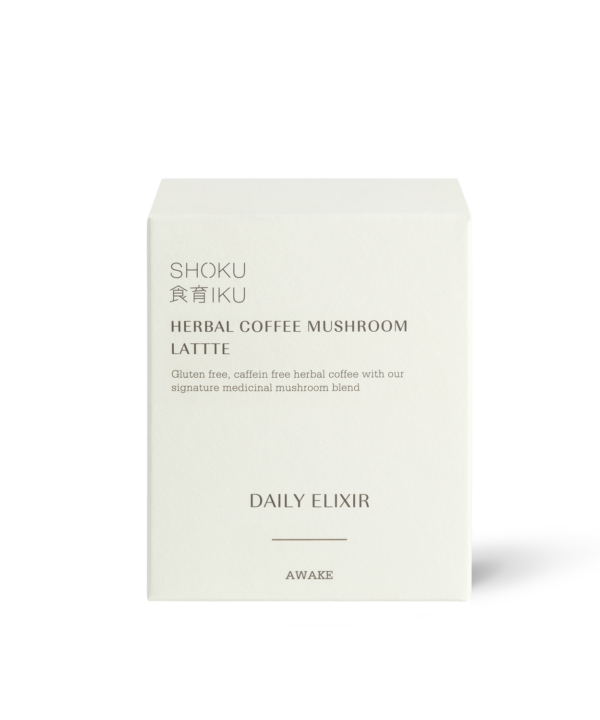
Flying high alchemy blend – ultimate caffeine-free energy booster to improve energy, strengthen and build the skeletal and muscular structure and promote healing. Perfect for athletes as well as people who have busy lives.

A choice blend of aphrodisiac herbs to help ignite sexual and creative energy. These herbs are traditionally used to promote sexual vitality, stamina, desire and it is also a perfect blend to improve sexual performance.
It is also beautifully mood-elevating while nourishing your liver and kidney energy. It has some cacao in the blend so you can even make this into a strong tonic cacao drink with or without some milk of your choice.

– Chai
Spices used in Chai have holistic and therapeutic properties such as opening up blood flow (hence the reference to it being an aphrodisiac), nutritional absorption, and calming and soothing. Many chai contain black tea which may or may not be suitable when you are trying to cut down on caffeine, however a lot less than coffee.
Our Chai latte is caffeine free and added ashwagandha which is an Ayurvedic herb to elevate energy levels. physical and mental performance.

– Hot chocolate
Cacao contains theobromine which is a natural mimic of caffeine, and this compound is said to induce relaxation and euphoric feelings.
Our chocolate latte contains gelatinised maca to increase energy levels and balance hormones and Reishi is known to boost your immune system and has sustained calm.
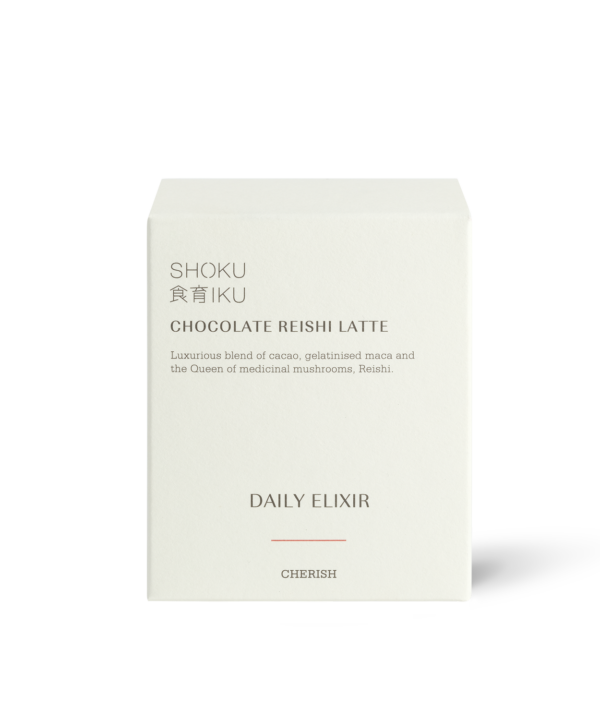

Ashitaba (Angelica keiskei) is often described as a “longevity herb.”

In our modern wellness landscape, “biohacking” often evokes images of
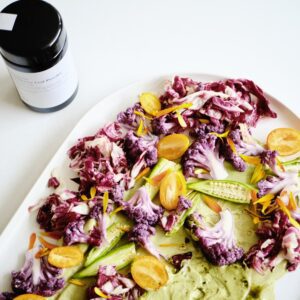
If you’re looking for a natural way to support blood
Copyright Shoku Iku © 2024 | All Rights Reserved.
The statements on this website have not been evaluated by the TGA or FDA. These products are not intended to diagnose, treat, cure or prevent any disease.
Sign up to receive your discount.